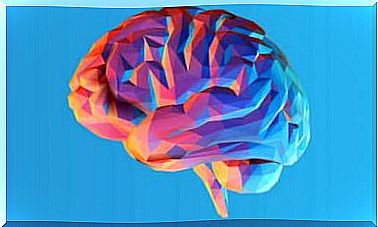Educating To Emotions

“They taught us from an early age how the body is formed, its organs, its bones, its functions, its points, but we never knew what the soul is made of” Mario Benedetti.
Perhaps we are not aware of all that our emotions illuminate and overshadow during our life. Nobody told us how to manage them, how to change them or how to learn them, it seems as if we forget about them for the simple fact that we do not see them. However, aren’t they essential to everyday life?
Why are emotions so important?
Emotions determine our relationship with the world. Our mental health and personal well-being influence each other, largely depending on how we relate to the world, and thus generating emotions. When we are born, we have not developed neither thought nor language, nor can we plan what we do, but despite this, emotions allow us to communicate and identify what is positive and negative for ourselves.
Through tears, smiles or rudimentary behaviors we relate to the world and to the rest of the people. Therefore, we can say that our emotions shape our physical, mental, spiritual and social landscape.
Why is it important to teach emotions?
Emotions bring us information about the relationship we have with the surrounding environment. We feel joy or satisfaction when things go well, and sadness or despair when the opposite happens, such as when we suffer loss or threats.
Every time we feel an emotion, we can create a thought that agrees with it, even with the intervention of the nervous system as a preparer of the organism for a better response. Emotions are like an alarm system that is activated when we detect some change in the situation around us; these are adaptive resources proper to human beings and which give precedence to the most relevant information for each one, thus activating different processes that allow us to provide an answer.
During childhood, feeling positive emotions often favors the possible development of an optimistic, confident and outgoing personality, while the opposite happens if you feel negative emotions. An adequate emotional education, therefore, will allow to acquire dexterity for the management of emotional states, to reduce negative emotions and to increase positive emotions to a large extent.
In this sense we can cite, for example, knowing how to resolve conflicts in a positive way, putting aside a short-term frustration in exchange for a long-term reward, and managing moods to motivate us.
Benefits of Emotional Education
A good emotional education involves a whole learning process in which the vision of the world, of ourselves and of how we manage ourselves is built. Furthermore, every experience we live has an emotional charge, pleasant or unpleasant. With an adequate development of emotions we will be able to:
– Recover earlier from the moments in which we experience negative emotions
– Adopt a positive attitude towards life
– Be more optimistic, but not in excess
– Know how to express our feelings
– Have a realistic self-esteem
– Have cooperation skills and good resolution skills of conflicts









